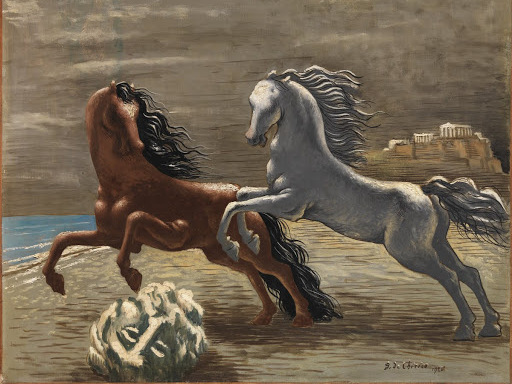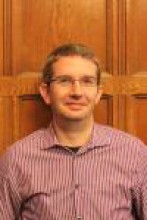HUMS 372, Critique and Crisis

Course Description:
In our time, when everyone is suspected of being hyper-critical, it is not surprising that the limits of critique, its function and institutional location are called to question. The idea of “post-critique” has been much discussed in recent years. In order to gain orientation with respect to such concerns, this course develops critical models, primarily from the German tradition, in order to show the great variety of options available beyond and within the so-called “hermeneutics of suspicion.” Topics include: post-critique, the history of critique/criticism, the history of literary criticism, the (German) Romantic concept of critique, ideology critique and immanent critique, traditional vs. critical theory (Frankfurt School), historicism, philology vs. hermeneutics, science (Wissenschaft) vs. the critique of positivism. Main protagonists include Kant, Schiller, Schlegel, Nietzsche, Dilthey, Max Weber, Lukács, Husserl, Benjamin, Adorno, Koselleck, Szondi, Gadamer, Gumbrecht, Latour, Felski.
Led by:
|
|
Professor Kirk WettersKirk’s current research continues to pursue the intertwined genealogies of literary and critical theory in connection to questions of method in the humanities and social sciences. Under the thematic heading of “illegitimacy,” recent research and teaching have focused on Johann Wolfgang von Goethe, Herman Melville, J. J. Bachofen, Max Weber, Georg Lukács, Arnold Schoenberg, Paul Kammerer, Karl Löwith, Heimito von Doderer, Theodor W. Adorno, Hans Blumenberg, Nicolaus Sombart, Giorgio Agamben. A second ongoing project focuses on travel writing, historical fiction and biography; authors include Georg Forster, Goethe, Adalbert Stifter, Stefan Zweig, Hermann Broch, and Christoph Ransmayr. |
